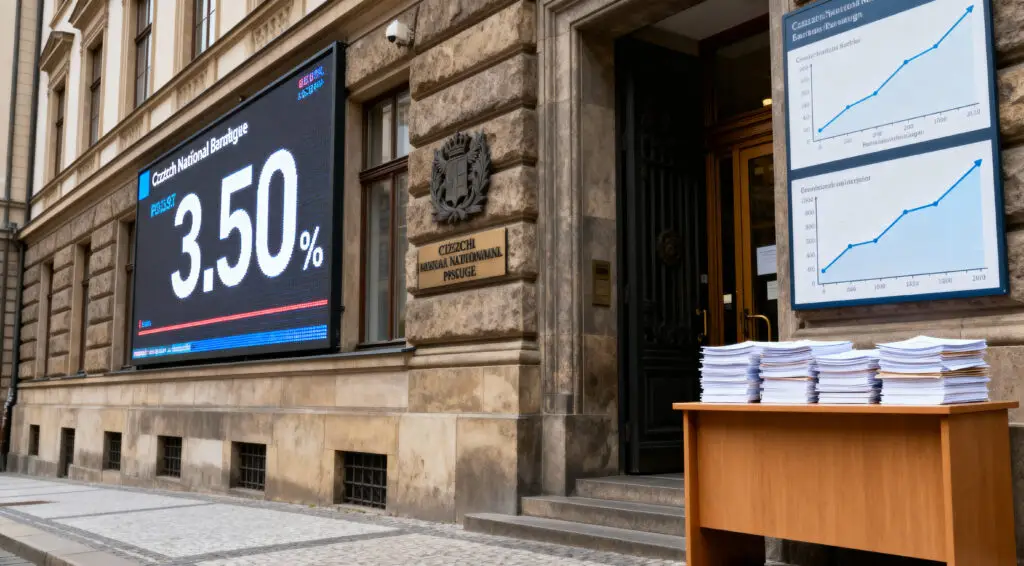The Ethereum Foundation (EF) is preparing for a transformative architectural upgrade that could see a zero-knowledge Ethereum Virtual Machine (zkEVM) integrated directly into its layer-1 blockchain within the next year. This ambitious roadmap, outlined by Sophia Gold of the EF’s protocol support team, aims to replace traditional block execution with zero-knowledge proofs (ZK-proofs), fundamentally enhancing Ethereum’s scalability, security, and decentralization.
Shifting to ZK-Proof Verification
The core of this upgrade involves a shift from every validator re-running transaction blocks to verify them, to validators solely checking ZK-proofs. These ZK-proofs are tiny cryptographic receipts that mathematically confirm the correctness of transactions without revealing the underlying data. This enables the verification of confidential information without disclosing the data itself.
The proposed roadmap envisions validators verifying execution using stateless proof verification from multiple zero-knowledge virtual machines (zkVMs). This means having multiple independent checkers verifying multiple proofs, adding an extra layer of security and robustness without compromising speed. The EF’s initiative positions the Ethereum network to eventually become the world’s largest ZK application, leading the charge in zero-knowledge technology adoption.
Defining Standards for Real-Time Home Proving
To facilitate this transition, the Ethereum network will define real-time proving as a technical and hardware standard for zkVM teams. The EF is actively pushing these teams to meet specific goals to ensure the technology is fast, secure, and accessible to a broad range of participants. Specifically, the EF wants zkVMs to:
- Create proofs in under 10 seconds.
- Be secure.
- Operate on hardware costing less than $100,000.
- Consume less than 10 kilowatts of electricity.
These stringent requirements are designed to enable everyday individuals to run provers from home, thereby helping to secure the network and safeguard Ethereum against censorship and central control. This emphasis on “home proving” is crucial for maintaining Ethereum’s decentralisation ethos and ensuring broad participation in network security.
A Gradual Rollout Towards a ZK-Powered Future
The implementation of ZK technology will be a gradual process, as highlighted by Sophia Gold. Initially, optional ZK clients will run alongside current validator setups. However, as these ZK clients demonstrate their reliability and performance, the network will progressively shift towards requiring proof verification instead of full re-execution of transactions.
While the timeline for this ambitious upgrade may seem challenging, the Ethereum Foundation expresses confidence in its achievability, citing the significant momentum in ZK research and open-source developments. The foundation is actively urging zkVM teams to collaborate and work towards meeting the demanding benchmarks for real-time home proving, setting the stage for one of Ethereum’s most significant architectural advancements in its history.























